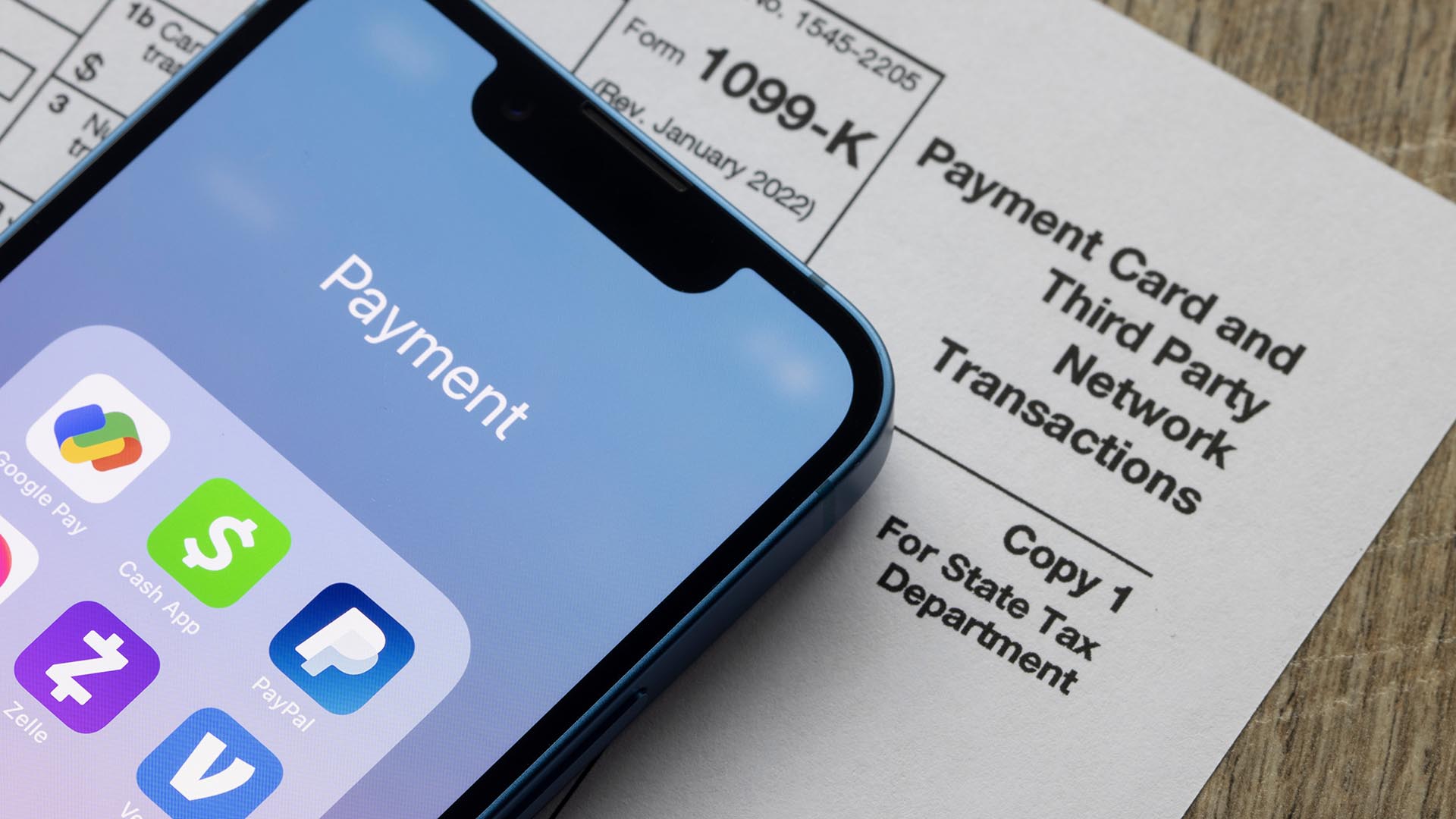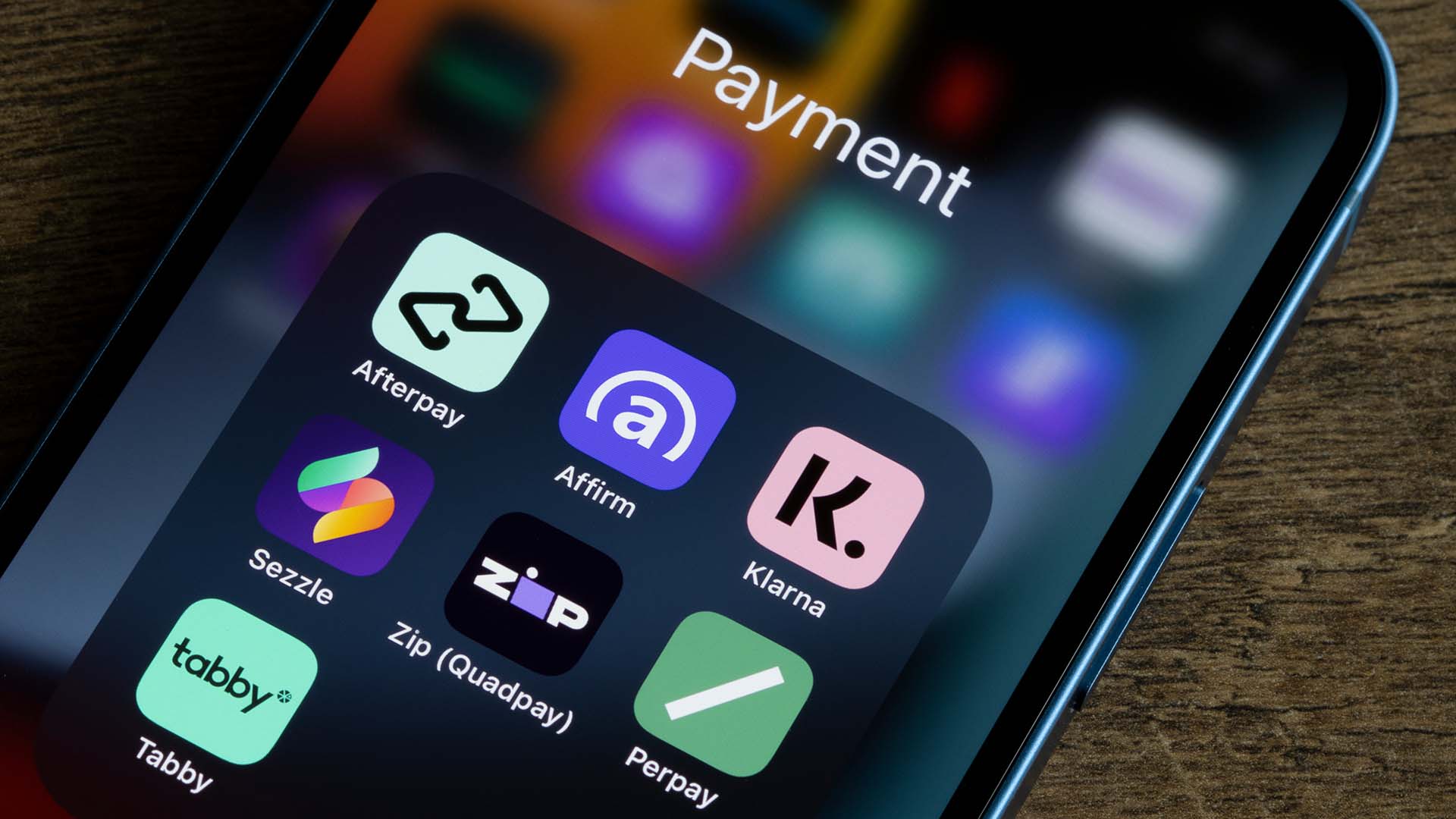New tax rules coming for those using mobile payment apps
MSU Denver Accounting instructor offers advice about confusing IRS reporting requirements.

People who use cash-payment apps such as Venmo, CashApp and PayPal might be in for a surprise this tax season — or maybe not.
In November, the Internal Revenue Service postponed implementation of a new rule requiring the payment services to issue a Form 1099-K for anyone who received more than $600 during the year, said Robert Persichitte, a certified public accountant and financial planner who teaches tax courses in Metropolitan State University of Denver’s Department of Accounting.
It was the second year in a row that the IRS delayed rolling out the new rule. For now, Form 1099-K will be required only for those who received $20,000 or more via a payment service.
“Here’s the problem. Because the IRS decision was late, we don’t know what these companies are planning on doing,” Persichitte said. “They might still send it out. Technically, you don’t have to send it out. It’s important because there’s going to be this brand-new form that shows up for most people, and they haven’t seen it in any other context.”
As confusing as it may sound, nothing has really changed, Persichitte said.
“Anything that was taxable before will continue to be taxable, and anything that was not taxable will continue to be not taxable,” he said. “A lot of folks were probably not claiming things that were taxable, such as sales of collectibles and doing work for somebody. Those were always taxable, but a lot of people just never reported it, because they never got a form.”

In general, 1099 forms document payments received from individuals or businesses other than an employer. Until now, those most likely to receive a 1099-K were those working for ride-hailing services, such as Uber or Lyft, Persichitte said. “That’s the only thing it was used for, so a lot of the taxpayers are probably going to get confused.”
If the IRS lowers the reporting minimum for 2024 (for filing in 2025), taxpayers who receive 1099-K forms will have to account for the money received on their tax returns, he said. According to the IRS website, the plan is to decrease the threshold from $20,000 to $5,000. That means more people will have to keep track of which payments were taxable and which were not.
Many people, including college students, regularly use these services to reimburse one another for expenses. These are not taxable payments, but they must be listed as “non-taxable income” on their tax returns. Modest gifts aren’t taxable either.
“From the standpoint of somebody whose parents gave them money for books, that’s not going to be taxable,” Perschitte said. “Or they’re helping you out with your tuition, which is not a taxable transfer. You have to carve it out on your tax return.”
RELATED: 6 tax tips for college students
Keeping track of a year’s worth of Venmo payments might pose a challenge for frequent users. “If you’re doing anything that might be taxable — selling something or doing work for service — get a new account,” Persichitte said. “Don’t do it on the same account, because it’ll get really confusing when you’re doing your taxes.”
Separating gifts and reimbursements from money received as pay will make it easier to demonstrate different income streams to the IRS. “The burden of proof in IRS procedures is on the taxpayer,” he said. “You as the taxpayer always have to demonstrate something that is excluded.”
Because the new rule has not yet been implemented, no one knows for sure what will happen if a taxpayer fails to account for the income reflected on a 1099-K, Persichitte said.
“What they’ve done with other similar forms is give a notice of adjustment,” he said. “The IRS will give you a nastygram saying, ‘Hey, you forgot about this thing. We’re just going to assume that it’s taxable income, so please now pay a tax penalty.’ You can go back and fight them on it, but you’ll have to file an amended return including that tax form.”





